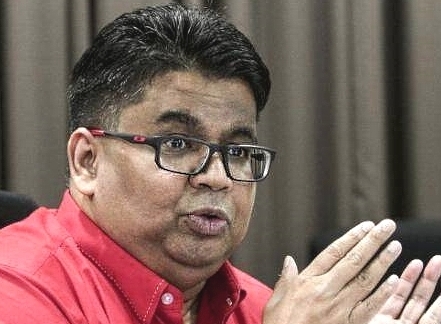
By Dr Rais Hussin
The stimulus program announced by the Prime Minister Tan Sri Muhyiddin Yassin, outlines a laudable list of subsidies, waivers, and deferments needed in these unprecedented times to save lives and support the rakyat.
Speed and implementation are critical success factors in preparing for and surviving the coming global economic gloom brought about by COVID-19.
Now the government should concurrently set their sights upon programs to support economic recovery so that those affected by the downturn, Individuals and enterprises alike, will find jobs, incomes, opportunities and solutions awaiting them as we emerge from the crisis.
In particular we need to prepare the digital economy to accommodate a wide range of industries — health care, education, banking, retail, logistics — that will migrate from physical infrastructures to digital channels.
We will also need to replace lower GDP contributions from key sectors such as travel and tourism, oil and gas, property and rentals, and capital markets and investments.
The stimulus program should therefore include allocations towards education and training, knowledge skills transfer, tech start-ups, digital transformation initiatives, etc., which will help the COVID-19 recovery by speeding us into the new Fourth Industrial Revolution (4IR) economy.
While there is no doubt we should subsidise the needful, as much as is possible we should also support the capable in our society, including SME's, engineering institutes, scientific labs, schools, universities, religious organisations — and most of all our dynamic and talented youth.
Like other innovation economies such as Germany, Korea, Japan, China, and the US, we should equip them with start-up loans, grants and equity capital for all those who qualify so that thousands of new enterprises will in turn spawn tens of thousands of new jobs in sunrise industries, while at the same time catalysing the digital transformation needed to achieve 2030's Equitable Shared Prosperity Vision (ESPV).
In times of crisis we can rely upon others, but ultimately we must believe in ourselves. Such a scheme will move the needle on the revival of a vibrant economy in Malaysia for Malaysians by Malaysians.
(Datuk Wira Dr. Rais Hussin Mohamed Ariff is the President/CEO at EMIR Research, an independent think tank focused on strategic policy recommendations based on rigorous research.)
ADVERTISEMENT
ADVERTISEMENT


































